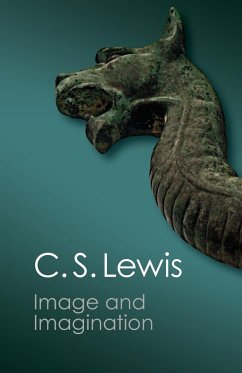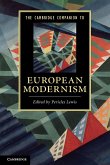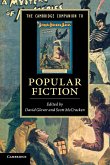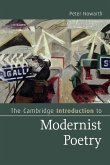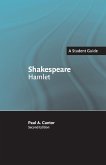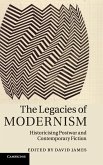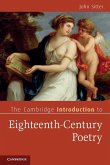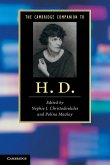This selection from the writings of C. S. Lewis gathers together forty book reviews, never before reprinted, as well as four major essays which have been unavailable for many decades. A fifth essay, 'Image and Imagination', is published for the first time. Taken together, the collection presents some of Lewis's finest literary criticism and religious exposition. The essays and reviews substantiate his reputation as an eloquent and authoritative critic across a wide range of literature, and as a keen judge of contemporary scholarship, while his reviews of The Hobbit and The Lord of the Rings will be of additional interest to scholars and students of fantasy.
Hinweis: Dieser Artikel kann nur an eine deutsche Lieferadresse ausgeliefert werden.
Hinweis: Dieser Artikel kann nur an eine deutsche Lieferadresse ausgeliefert werden.
'C. S. Lewis [was] one of the very best critics writing in English in the twentieth century, vivid, provoking, and eloquent, as well as deeply learned in the literature of Europe from the ancient classics to his own time, with a special mastery of medieval and Renaissance poetry. He is now popularly better known for his fiction and his religious writings than his literary criticism. But it is his gifts as a critic which will endure as his truly pre-eminent legacy. Like Samuel Johnson, on whose personality and writings Lewis modelled himself, he is a commentator whose insights and opinions are enriching even when one disagrees with them, raising central questions and offering challenging perspectives ... There is no essay by Lewis on any writer that does not provoke attention and inspire awe at his energy and clarity of mind.' Claude Rawson, Yale University

